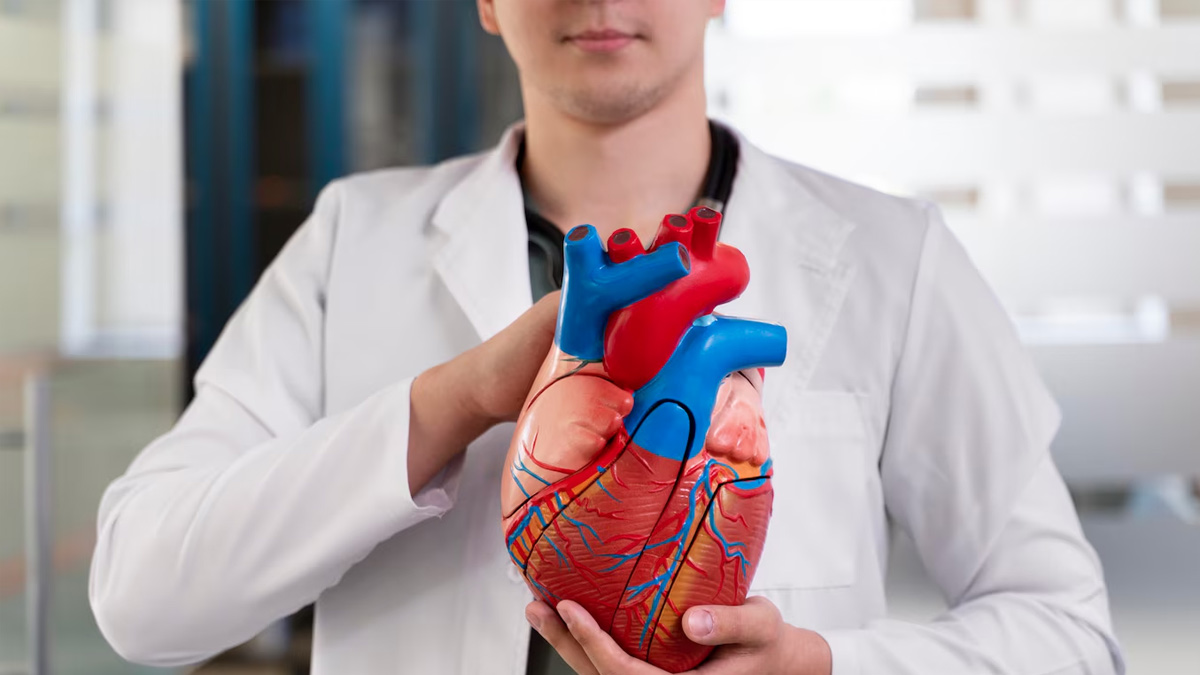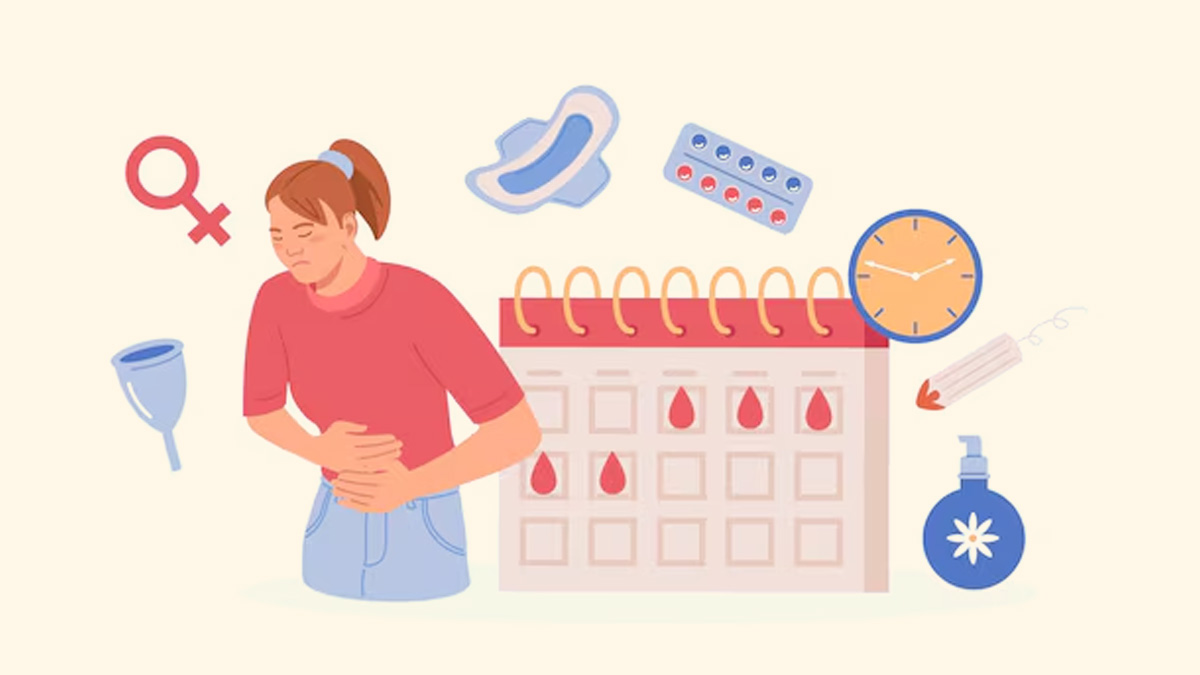5 Cardiologist-Approved Ways To Prevent A Heart Blockage
Heart blockage, as the name suggests, refers to a condition where the arteries in your heart become narrowed or blocked, restricting blood flow to the heart muscle. This can happen due to the buildup of plaque, which is often a mix of cholesterol, fat, and other substances. Also known as Coronary Artery Disease (CAD), it can lead to chest pain, shortness of breath, or even a heart attack if left untreated.
When it comes to heart blockage, prevention is key. In this article, we share five effective strategies to help keep your heart’s arteries clear and healthy.

Speaking with the OnlyMyHealth team, , emphasises the role of healthy lifestyle choices to prevent heart blockages. The first and the most important thing is to incorporate a heart-healthy diet in your daily routine. This includes fruits, vegetables, whole grains, lean protein, and healthy fats, while reducing sodium, saturated and trans fats, added sugars, and processed foods.
According to Dr Govil, while diet alone cannot reduce or reverse already blocked arteries, it plays a significant role in preventing further progression. "A heart-healthy diet can help manage cholesterol levels and lower the risk of forming new blockages."
Regular physical activity is one of the most effective ways to protect your heart. It helps improve blood flow, lowers stress on your arteries, and supports the growth and repair of blood vessels. Even small amounts of movement, like a daily walk, cycling to work, or a short jog, can greatly lower your risk of heart disease and early death. Studies show that staying active helps prevent heart problems and improves survival in those who already have them.
Dr Govil adds that regular exercise helps lower total cholesterol and Low-Density Lipoprotein (LDL) 'bad' cholesterol levels, both of which are major contributors to CAD.

Besides diet and exercise, quitting unhealthy habits like smoking and alcohol consumption can also significantly prevent heart blockage or reduce the risk of developing a new one.
Smoking and alcohol can both contribute to heart blockages by damaging blood vessels and promoting plaque buildup, a condition known as atherosclerosis, which narrows the arteries and restricts blood flow. Smoking directly injures blood vessels and increases the formation of blood clots, while excessive alcohol consumption can lead to hypertension, a major risk factor for heart disease.
Dr Govil also emphasises the role of regular heart screenings, such as cholesterol checks or calcium score tests. He says that they are important for early detection and prevention of heart diseases like CAD. According to him, these tests can help reduce the risk of heart attacks by up to 70% when problems are identified and addressed timely.

It is important to note that heart blockage does not happen overnight; it usually builds up over time due to narrowing arteries caused by plaque buildup. Therefore, paying attention to early warning signs gives you the chance to take action before things get serious.
Symptoms like chest discomfort, shortness of breath, fatigue, dizziness, or pain in the arms, neck, or jaw could be your body’s way of alerting you. While these signs might seem minor or easy to ignore, they can point to reduced blood flow to the heart.
Taking care of your heart isn't as complicated as you believe it to be. It often starts with small, mindful changes in your everyday life, including eating well, moving more, ditching harmful habits like smoking, and keeping up with regular check-ups. Additionally, those little signs, like breathlessness or chest discomfort, shouldn’t be ignored. As Dr Govil reminds us, when it comes to heart blockages, prevention truly is the best medicine. A few smart choices today can mean a stronger, healthier heart tomorrow.












